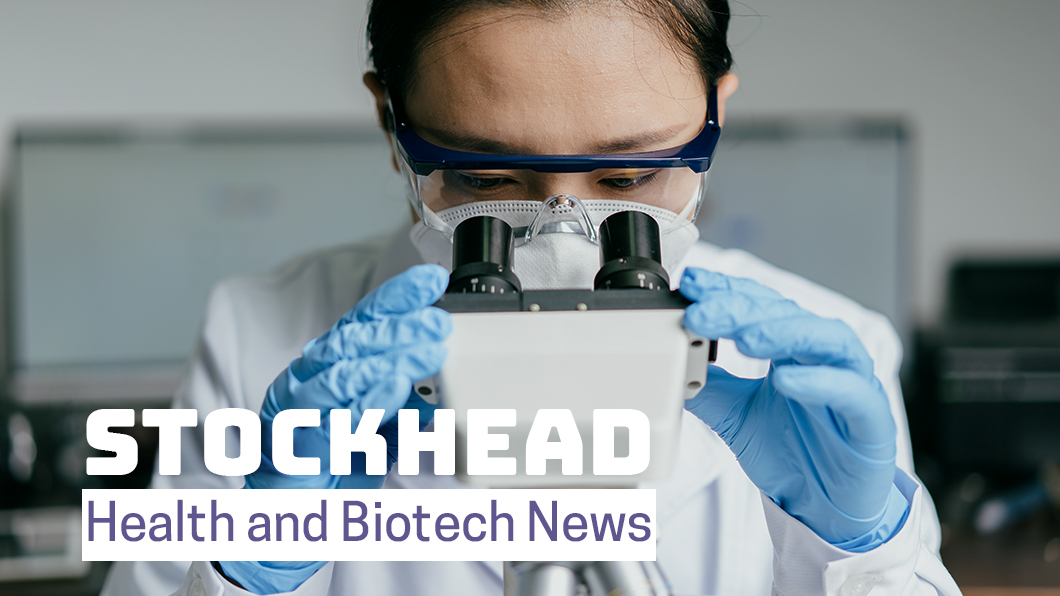COVID-19 positive? This tech will tell your boss

Pic: sinology / Moment via Getty Images
Demand for technologies that get people back to the office is a new and growing industry, as Australian businesses mull over how to keep employees safe while staying on the right side of the country’s strict health data and privacy laws.
Emerald Clinics (ASX:EMD), Damstra Technologies (ASX:DTC) and Vault Intelligence (ASX:VLT) are three companies dipping a toe into the COVID-19 ‘back-to-the-office’ waters, pitching software solutions that offer screening, health monitoring, contact tracing or mental health services.
In Australia, initial success in flattening the COVID-19 curve meant a slow start for these technologies.
But a serious outbreak in Victoria, followed by rising case numbers stemming from a Casula bar in NSW, now has businesses taking another look.
Furthermore, offering wellness perks like mental health support is a concept that had legs with “good” employers well before the pandemic, but have shown promise in keeping house-bound workers engaged since March.
However, there are also problems on the horizon for this technology.
Convincing Australians, who are already highly suspicious about who has access to their health data, to engage with these tools could be difficult, while an over-ambitious health data collection regime by an employer is likely to lead them into a legal minefield.
Emerald Clinics, Damstra Technologies and Vault Intelligence share price graphs
Early movers
Emerald Clinic, which provides backend monitoring and data collection for clinical trials, has licensed software that it says can read vital signs in facial “micro blushes” such as heart rate and blood oxygen levels via video.
The company wants to integrate it into a platform currently used by clinical researchers and market it to corporations or government agencies “to monitor the health of their personnel remotely” as people return to the office.
“We can act as the [data] intermediary between employee and employer, we can be the confidant,” chief exec Dr Michael Winlo told Stockhead.
It is not regulated by the Therapeutic Goods Administration (TGA) yet, although is likely to fall under new rules around health software to be introduced in February next year.
Vault, which offers workplace safety and employee monitoring software and devices, added contact tracing and a corporate wellness program.
It is being acquired by Damstra, which wants to use that software to build out a broader COVID-19 package. That product includes an app or a large scale enterprise version that uses facial recognition to form a heat map of a person’s face, which then alerts the person’s manager and a “triage team”.
Demand coming for COVID19 screening, corporate wellness
The opportunity for this kind of technology is huge: Vault and Damstra have both been telling investors over the last four months of the high interest they’ve had for COVID-19 tech.
But in Australia businesses have so far been slow to hit ‘buy’.
“Australia had a sense of security [after flattening the infection curve in April and May], so the uptake hasn’t been that big. But we believe now with a second wave people will start thinking about it,” said Nitesh Bansal, head of engineering at Infosys.
Australian businesses, initially in retail and banking, and commercial property owners which want tenants to return to offices, will take up to six months to adopt health monitoring and screening technology, he believes.
“This pandemic is going to change our expectations of what a safe workplace consists of. It will permanently tarnish our mindset about feeling safe in the workplace and we will require such [technological] assurances. So sooner or later this adoption will happen.” he told Stockhead.
The COVID-19 pandemic won’t be around forever but wellness programs — a trend that was gathering pace before the pandemic — and health screening might be.
Once the pandemic is snuffed out, the flu will return and companies may see screening as a solution to prevent the spread and consequent loss of productivity.
As the work-from-home shift solidifies, corporate wellness programs that keep people engaged with their jobs and offer confidential mental health checkups are on the radar of “good employers”, says Employment Hero’s Alex Hattingh.
“Good employers have supported mental health [during the pandemic] and have seen a spike in productivity, engagement, happiness, as we have personally within our own employees,” she told Stockhead.
The biggest issue: privacy
Australians are extremely sensitive about what happens with their health data, which could cause problems for wide-ranging corporate health monitoring programs like Emerald Clinics is aspiring to.
“What we do know is consumers are extremely sensitive about access to health data, even more so than financial data,” ANDHealth chief Bronwyn Le Grice told Stockhead.
Workplace concerns are around health information biasing the way they are treated, while employers only need to know their staff are well enough to do the job.
Le Grice says COVID-19 monitoring technologies will require trust from employees and transparency on what data will be accessed and how it’s used, in order to build the “social licence” required for permanent systems to be put in place.
One way will be to ensure no data is personally identifiable, unlike those employing facial recognition software like Damstra. Emerald Clinics does not use facial recognition.
Infosys’ COVID-19 screening and monitoring products capture no identifiable data so it can be sold in a wide range of countries, which have an equally wide range of privacy regulations, Bansal says.
Many countries require consent to capture any data that identifies a person, and have rules around how it’s stored and requests for it to be removed. It was simpler and more marketable globally to keep identifiable data out of analytics around social distancing within an indoor space or temperature screening.
Bansal says companies are “taking comfort” about the fact that the Infosys tech is completely faceless and checking.
Lawyers at 20 paces
Legally, COVID-19-inspired health technologies are untested and a lot will come down to how much data businesses ask for.
“The biggest issue that generally arises in workplaces is whether an employer can lawfully direct an employee in that kind of testing,” says Joseph Kelly, of Kelly Workplace Lawyers.
He says it might not be considered reasonable to ask staff to undertake temperature testing if other people entered a workplace, such as clients, are not. On the other hand, occupational health and safety may mean you have to provide a safe place for anyone entering the workplace.
The other key issue is how much health data is being collected, and how much is passed on to employers.
Kelly says the courts come down hard on businesses which collect too much health data or if data that isn’t relevant to an employee doing their job.
“If you were doing broad based and regular testing and it wasn’t entirely necessary for the role, I can see there would be an army of general protection claims coming your way,” he said.
General protection claims prevent an employer from taking adverse action against an employee if they exercise a workplace right, such as taking sick leave.
“If I’m taking a lot of data from employees on a regular basis, I could see myself facing litigation where an employee says you only fired me because you’re aware in your testing that I’m developing an illness and you don’t want me to pay me my leave,” Kelly said.
Springday chief Georgie Drury says Australian clients she works with are already well across these issues.
They need to know data is stored in Australia and are reluctant to use technology, such as technology that can notify an employee assistance program if someone scores poorly on a wellbeing check, because internal privacy policies prevent that data being shared within the company.

UNLOCK INSIGHTS
Discover the untold stories of emerging ASX stocks.
Daily news and expert analysis, it's free to subscribe.
By proceeding, you confirm you understand that we handle personal information in accordance with our Privacy Policy.








